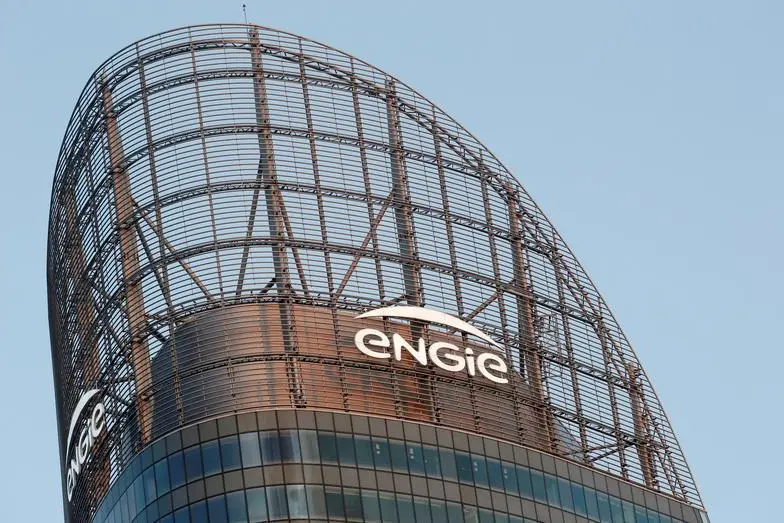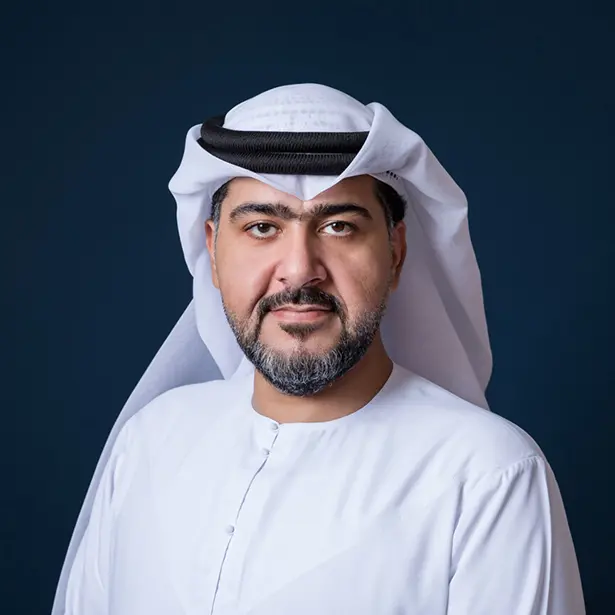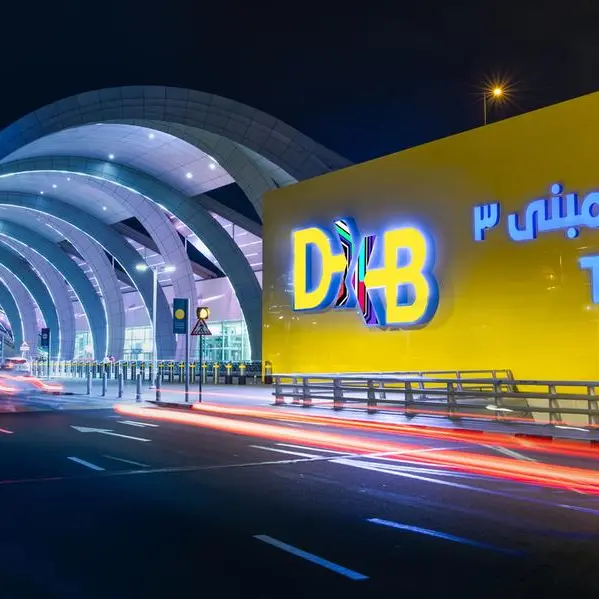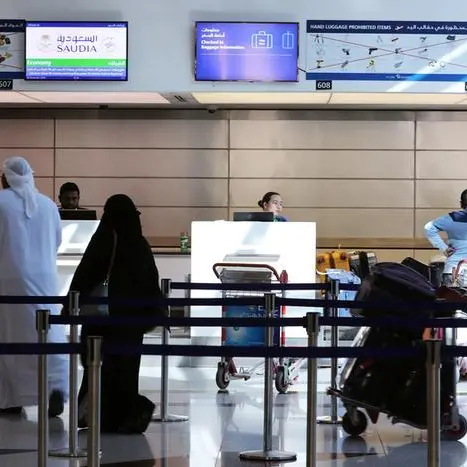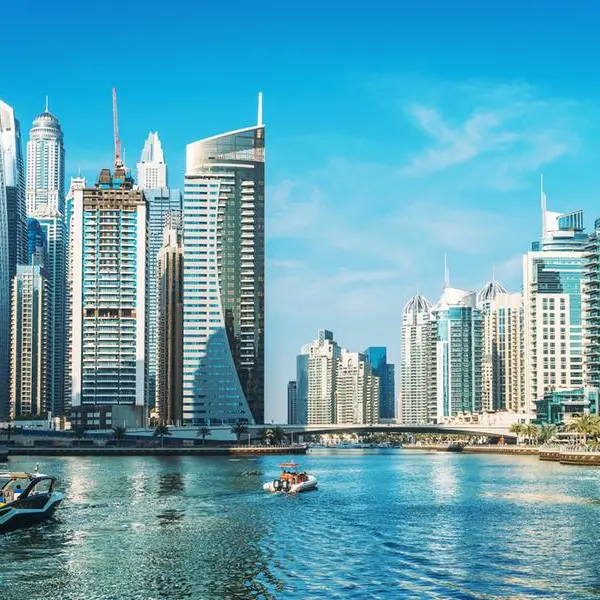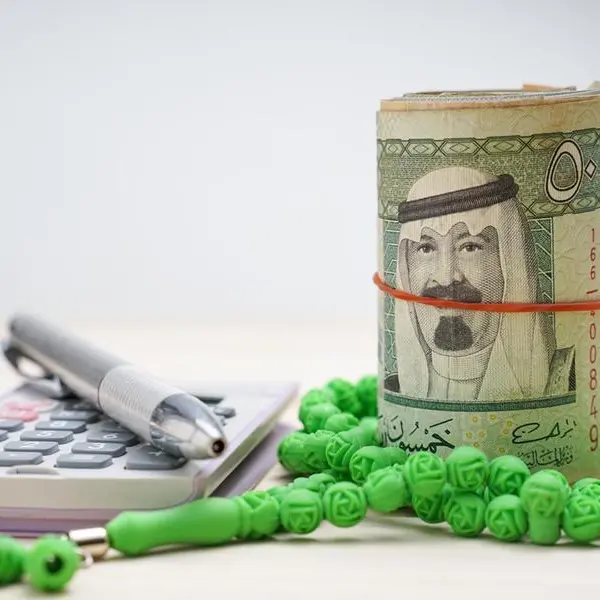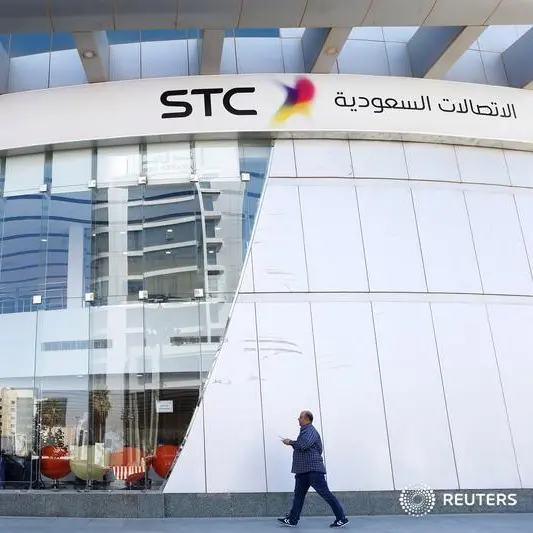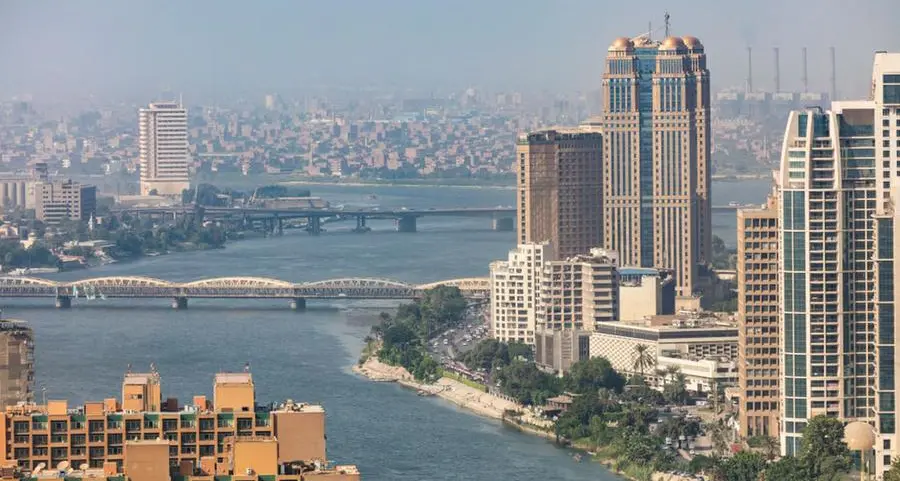PHOTO
“There are new regulations in place, which basically request the builders and consultancy companies to build on a greener environment, and there are more stringent regulations,” Jesus Gutierez, head of energy efficiency at ENGIE Solutions, said.
These regulations only applied to newer projects, he added, leaving a big percentage of older buildings inefficient in their energy use.
Gutierez said there is increasing interest in the region for energy efficiency solutions, with demand coming from different sectors.
“We started to be very active in the commercial sector — hotels, hospitals, and schools — but more and more now we are getting into factories,” the ENGIE head told Arab News on the sidelines of the Future Food Forum in Dubai.
The French company is currently working with a UAE-based cement company, where they transform the heat produced by the factory into electricity.
Aside from the new regulations, a stronger consciousness about sustainability is also pushing the demand upwards.
“Before, energy efficiency was all about the payback and return of investments, but now the companies are willing to invest in solutions with longer returns,” he explained.
Gutierez added: “For them the priority is how to become more sustainable because they understand, if they don’t do it, clients will start to notice and choose the ones that are greener.”
Another factor driving this demand for energy efficient solutions is financing — as either the technology becomes cheaper or providers have designed a business model that is attractive to their clients.
Energy efficiency in food and beverage companies
A particular sector where energy efficiency is a big issue is food and beverage, which is one of the biggest emitters of carbon dioxide in the world.
About 40 percent of the man-made emissions come from food systems, according to a study published in the Environmental Research Letters journal.
Although Gutierez said the supply side is catching up in implementing more sustainable systems, there is still a lot of work to be done on the consumer side, particularly in so-called ‘downstream’ processes such as food processing, delivery, and retail.
“The major track of the food industry based here in the UAE are more on the downstream processes, because local production is relatively small,” he explained, adding: “This is where we see more and more companies finding ways to reduce their energy build.”
Copyright: Arab News © 2021 All rights reserved. Provided by SyndiGate Media Inc. (Syndigate.info).
